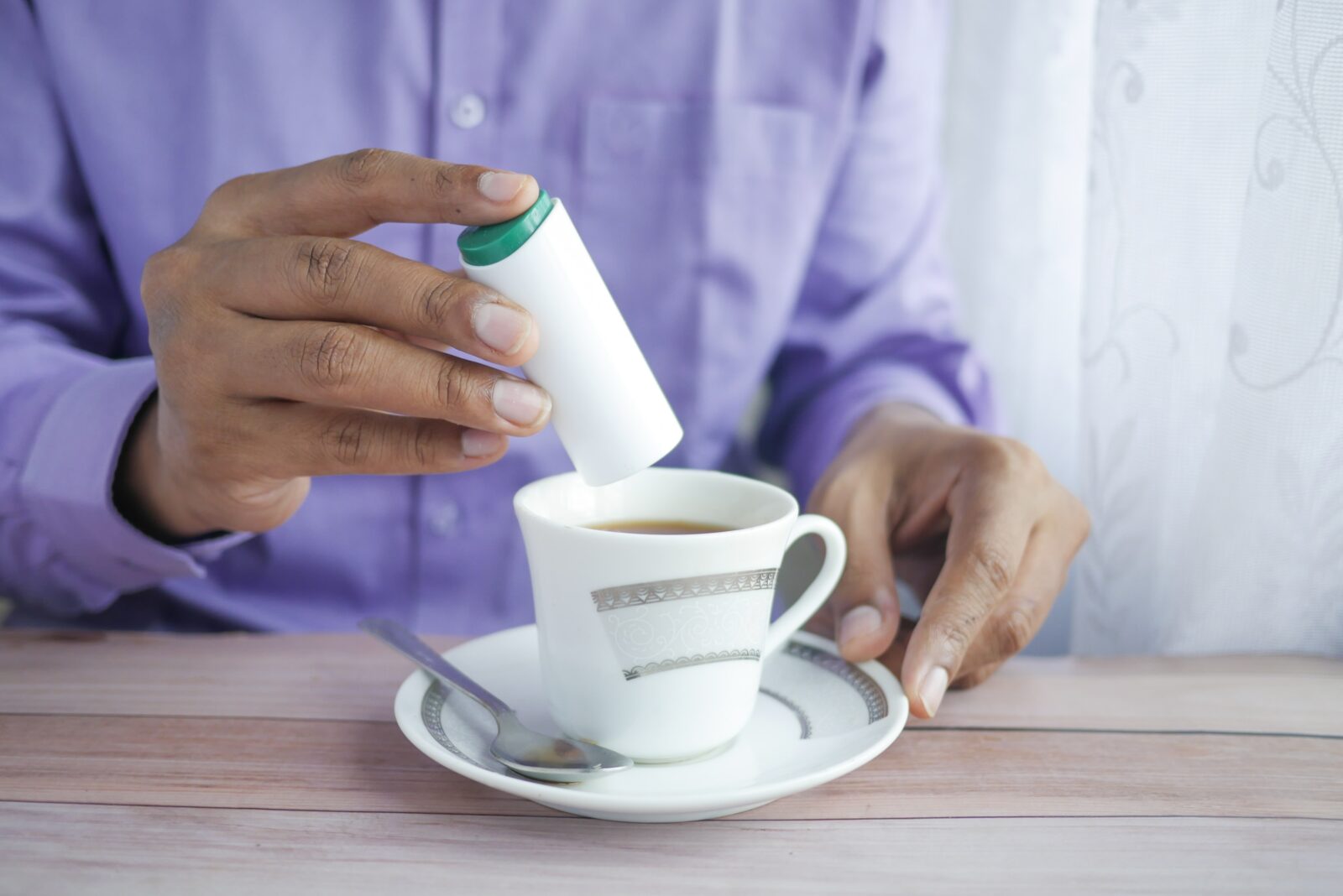
Artificial sweeteners are sugar substitutes that have been designed to mimic the taste of sugar, without the calories. They are widely used in a variety of food and beverage products, including diet soda, low-fat yogurt, and sugar-free gum. Artificial sweeteners have been used for many years as a safe and effective way to reduce the intake of calories, especially for people with diabetes or those who are trying to lose weight. However, recent studies have shown that artificial sweeteners may increase the risk of heart attacks, strokes, and type 2 diabetes.
In this article, we will explore the links between heart attacks, strokes, and artificial sweeteners, with a focus on saccharin, sucralose, and erythritol. We will also discuss how these sweeteners may increase the risk of developing type 2 diabetes.
Heart attacks and artificial sweeteners
Artificial sweeteners have been linked to an increased risk of heart attacks, although the evidence is not entirely clear. A study published in the Journal of the American College of Cardiology in 2019 found that consuming two or more artificially sweetened beverages per day was associated with an increased risk of heart attacks, compared to those who consumed less than one artificially sweetened beverage per week (1). The study followed 104,760 participants for an average of 11.9 years, and found that those who consumed more artificially sweetened beverages had a higher risk of heart attacks, stroke, and cardiovascular disease.
Another study published in the Journal of the American Medical Association in 2019 found that consuming high amounts of artificially sweetened beverages was associated with an increased risk of stroke, compared to those who consumed low amounts (2). The study followed 81,714 women for an average of 11.9 years, and found that those who consumed more than two artificially sweetened beverages per day had a higher risk of stroke, compared to those who consumed less than one artificially sweetened beverage per week.
Saccharin and heart attacks
Saccharin is one of the oldest artificial sweeteners, and has been used in food and beverage products since the early 1900s. It is commonly found in diet soda, low-fat yogurt, and sugar-free gum. Saccharin has been the subject of many studies over the years, with some studies suggesting that it may increase the risk of cancer, while other studies have found no link.
Members Only Content
To continue reading please subscribe to WellnessPlus by Dr. Jess MD
Be your own best doctor with our comprehensive suite of online health coaching tools.
